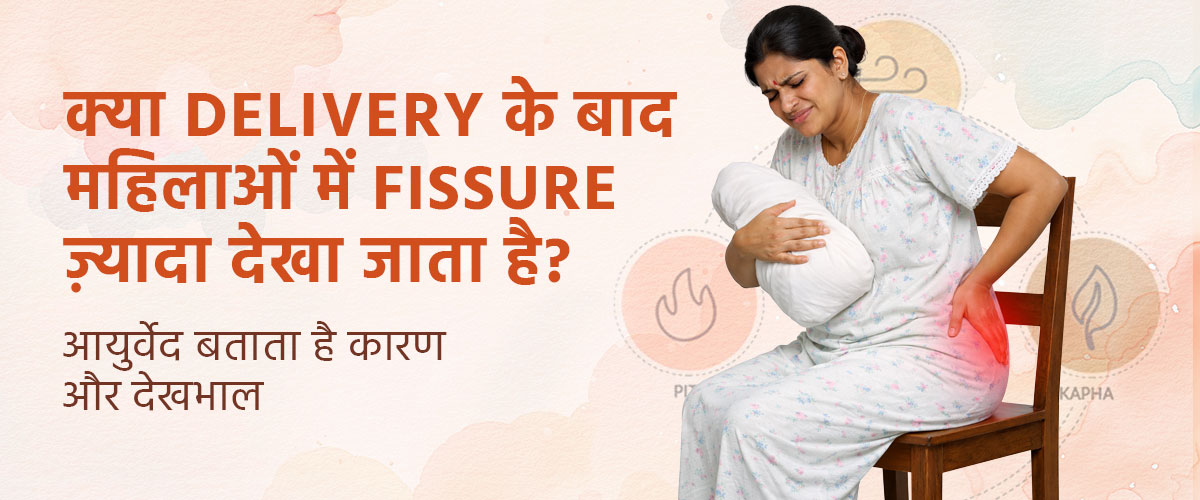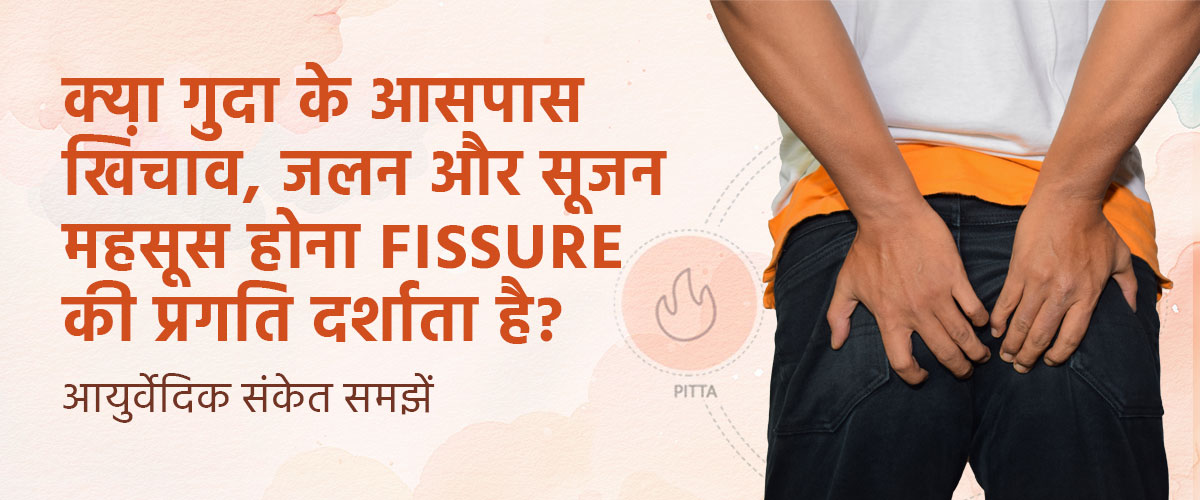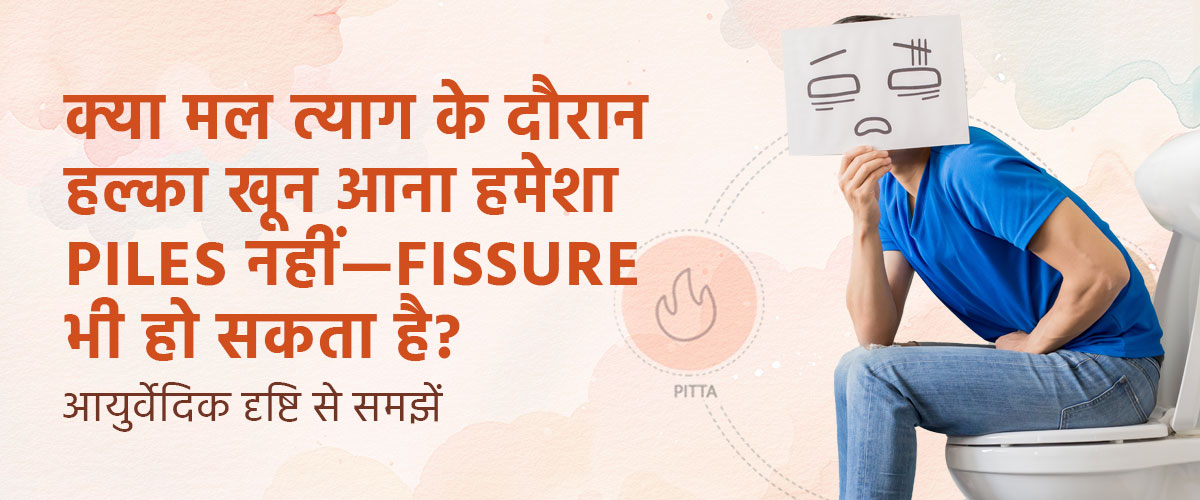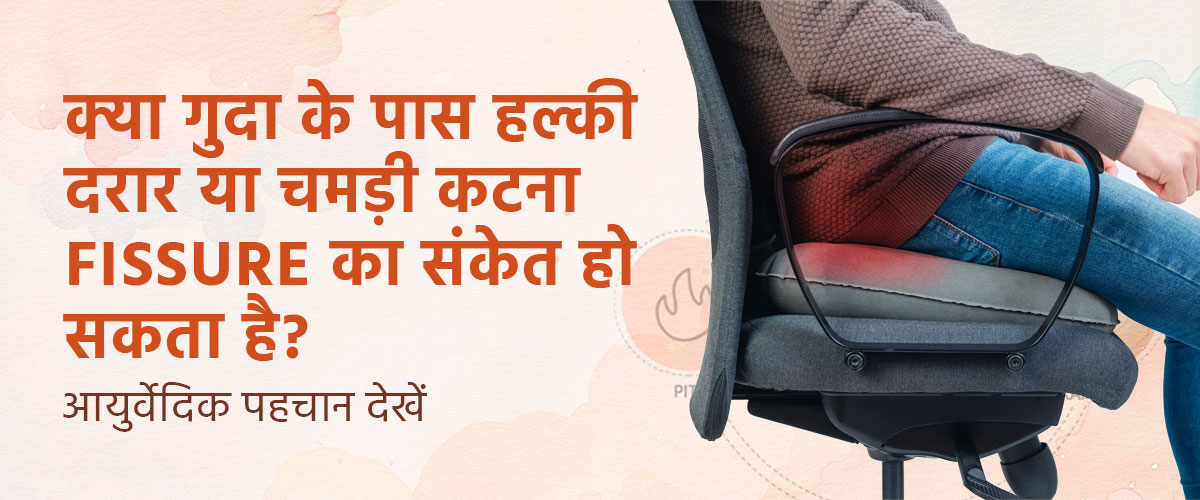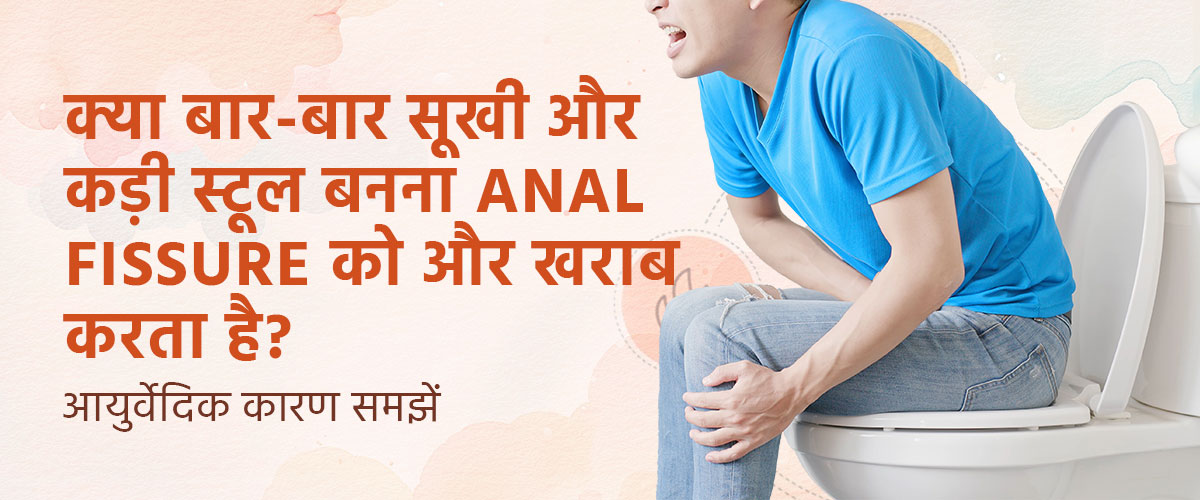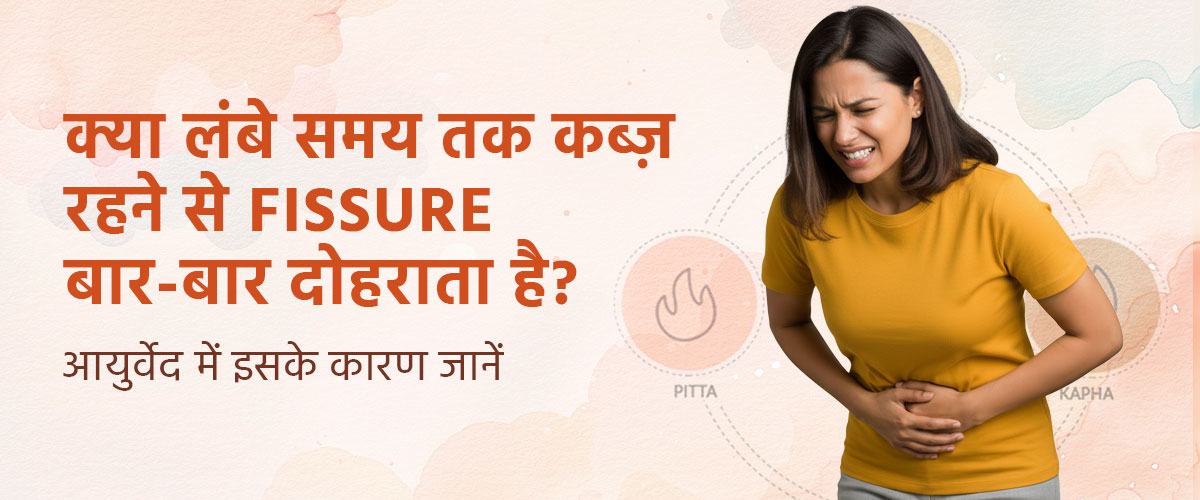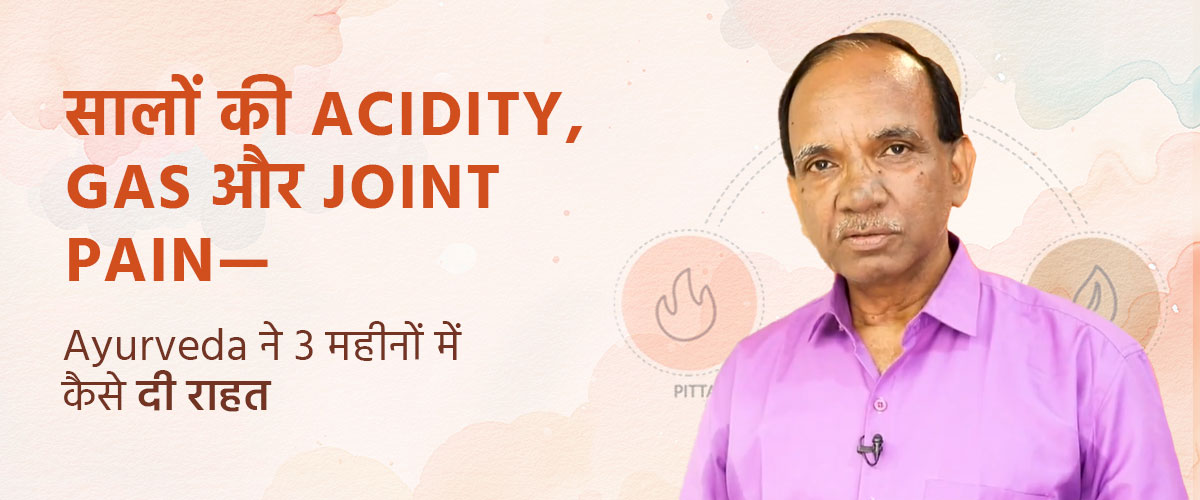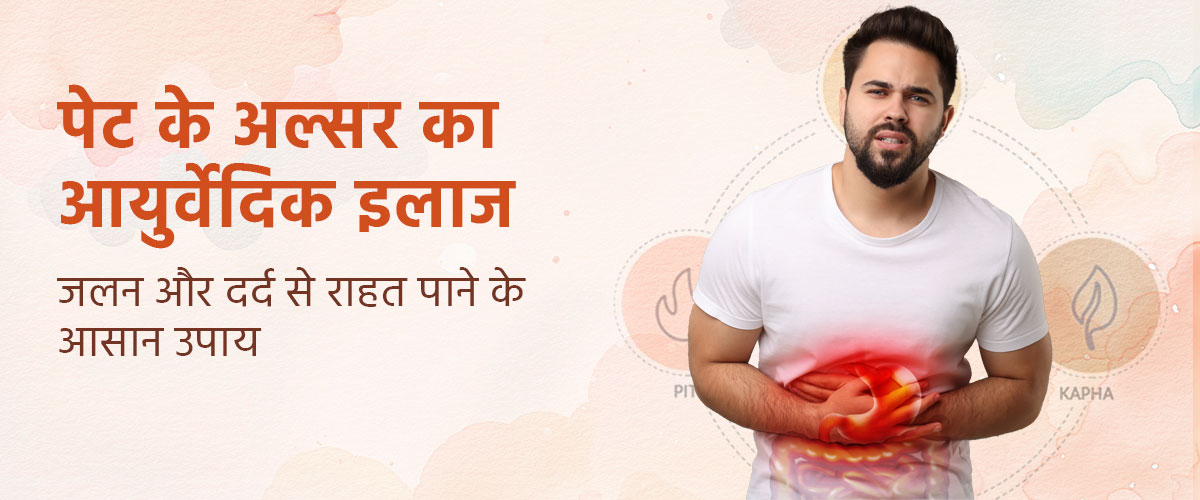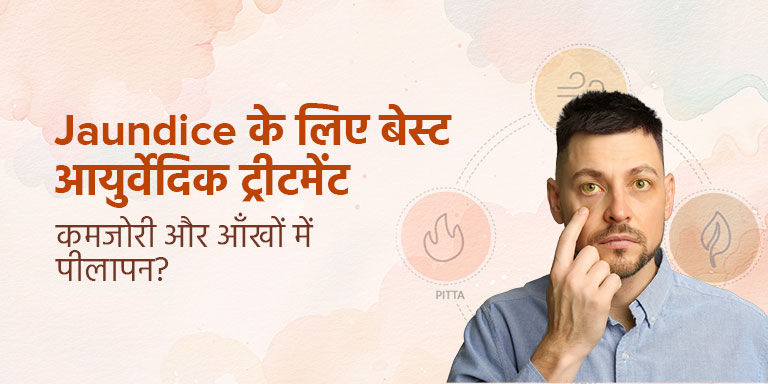There are many types of anemia, each with its own cause. Nutritional deficiency is by far the most common cause of anemia worldwide. Nearly half the cases of nutritional deficiency-related anemia in India are caused by consuming too little iron.
Below mentioned are a few common types of anemia -
- Aplastic anemia - It is a condition that occurs when your body stops producing enough new blood cells. Aplastic anemia leaves you fatigued and more prone to infections and uncontrolled bleeding. A rare and serious condition, aplastic anemia can develop at any age.
- Iron deficiency anemia - As the name implies, iron deficiency anemia is due to insufficient iron. Without enough iron, your body can't produce enough of a substance in red blood cells that enables them to carry oxygen. As a result, iron deficiency anemia may leave you tired and short of breath.
- Sickle cell anemia – It is an inherited red blood cell disorder in which there aren't enough healthy red blood cells to carry oxygen throughout your body. Normally, the flexible, round red blood cells move easily through blood vessels. In sickle cell anemia, the red blood cells are shaped like sickles or crescent moons that can get stuck in small blood vessels, which can slow or block blood flow and oxygen to parts of the body.
- Thalassemia – An inherited blood disorder causes your body to have less hemoglobin than normal. In mild thalassemia cases, patients may not need to take treatment. But, when thalassemia is in its severe form, it becomes a chronic disease and requires proper medical attention and treatment.
- Vitamin deficiency anemia – This type of anemia occurs when your body lacks healthy red blood cells caused due to the deficiency of vitamins like folate, vitamin B-12 and vitamin C or if your body has trouble absorbing or processing these vitamins.
According to Ayurveda, anemia is known as PANDUROG. It is caused when there is an imbalance in agni (digestive fire) that eventually leads to the formation of ama (toxins) in the body thereby blocking the channels of rasa dhatu. This disruption is caused by aggravated or imbalanced dosha/s in the body. Depending upon which particular dosha is imbalanced, anemia has been classified into various types in Ayurveda.
Characteristics of the various types of Anemia as per Ayurveda
- Vata-type Anemia
If you have a yellowish complexion, rough and dry skin, joint pain, constipation, body pain, tremors and a bad taste in the mouth, you have Vata-type anemia. To get this in control, have a vata-pacifying diet of dairy, root vegetables, grains, milk, ghee, yogurt, nuts and seeds, oils, etc.
- Pitta-type Anemia
Pitta- type anemia causes the whites of your eyes to turn yellow, and gives you fever, excessive thirst, sweating, sour belches, indigestion, bad breath, loose stools, etc. You also develop sensitivity to light and crave cold things. To ease this, have a pitta-pacifying diet of beans, potatoes, corn, millets, oats, dairy, ghee and vegetables.
- Kapha-type Anemia
Kapa-type anemia leads to swelling, cold, and sweaty skin, drowsiness, heaviness in the body and mind, chalky complexion, chills, anorexia, cough, and a whitish colour in your urine, eyes and bowel movements. To ease it, have a kapha-pacifying diet of light fruits, vegetables, grains (except barley and millet), spices, honey, and milk products.
- Tridoshic anemia
Mixed features of all the three kinds stated above.
In each anemic patient, there is a different dosha at fault. Therefore, it is important to identify the dosha involved in causing anemia. Ayurveda doctors go to the root cause of your problem and offer a personalized treatment plan comprising of home remedies, ayurvedic medicines for anaemia along with diet and lifestyle recommendations. The comprehensive treatment approach that Ayurvedic doctors take is not just to pacify the aggravated dosha but also to enhance your wellbeing for a lifetime. To know more about anemia condition and dosha involved in your case, please get in touch with Jiva Doctors for a holistic solution.



